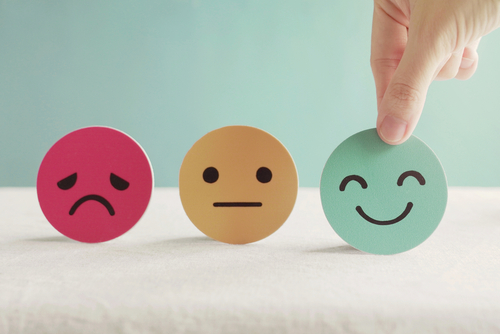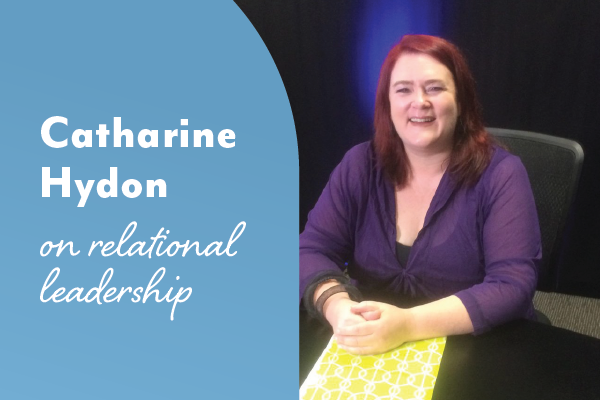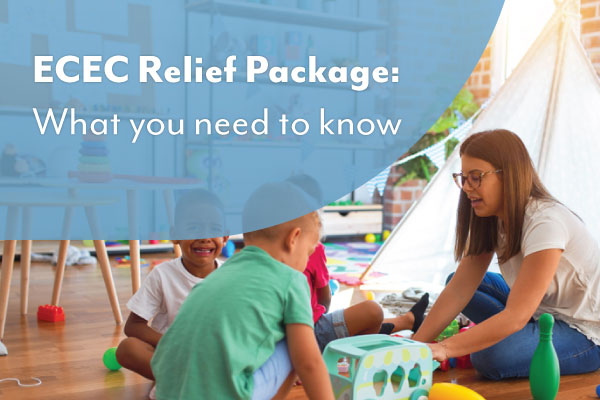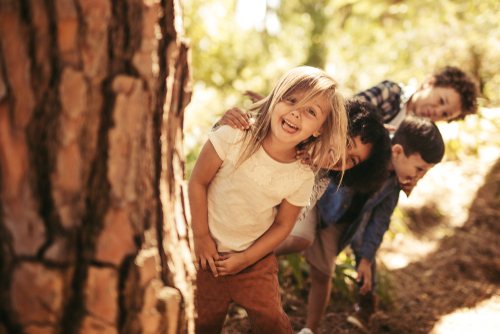Holistic learning is about equally nurturing the physical, social, emotional and cognitive development of children – ensuring not to focus on only one part of a child’s learning, but treat all these aspects equally.
Children often mirror the adults around them. This means it’s important as educators to demonstrate positive behaviour to support them to develop social skills, such as respect for the individual differences we each have.
Holistic learning also encourages independence in children. Daily routines are a great place to start because children can learn and develop essential skills. In addition to encouraging children to participate in all aspects of daily tasks, it’s a great idea to ask children questions that get them reflecting on their actions. Reflecting is both a cognitive task and encourages social, emotional and communication skills to think about what happened, why and how this impacted oneself and others.
Emotional development can be supported through acknowledging a child’s feelings and encouraging them to see mistakes as learning experiences. It’s also great to foster their pride by promoting their achievements and successes, especially to their families.
By supporting young children at this early stage of development, we can boost their sense of belonging.
Cognitive development can scaffold children’s learning. You could provide resources and experiences to stimulate cognitive development, such as puzzles, jokes and memory card games. The Australian parenting website Raising Children features lots more ideas.
The development of communication skills, such as talking, listening and reading, is also a vital part of holistic learning. This could be achieved through simple techniques like using puppets to tell a story, encouraging children to explore patterns and symbols or encouraging kids to talk to one another as well as to you.
According to the Early Years Learning Framework (EYLF), an integrated, holistic approach to teaching and learning also focuses on connections to the natural world. Through fostering respect of the natural environment and the links between people, plants, animals and the land, children develop a holistic understanding of our world and its life cycles.
Selmar’s child care courses provide a nationally recognised training that incorporates holistic learning principals. The entry-level, job ready Certificate III in Early Childhood Education and Care and the more advanced Diploma of Early Childhood Education and Care provide the skills that allow you to foster the holistic development and wellbeing during early childhood.



